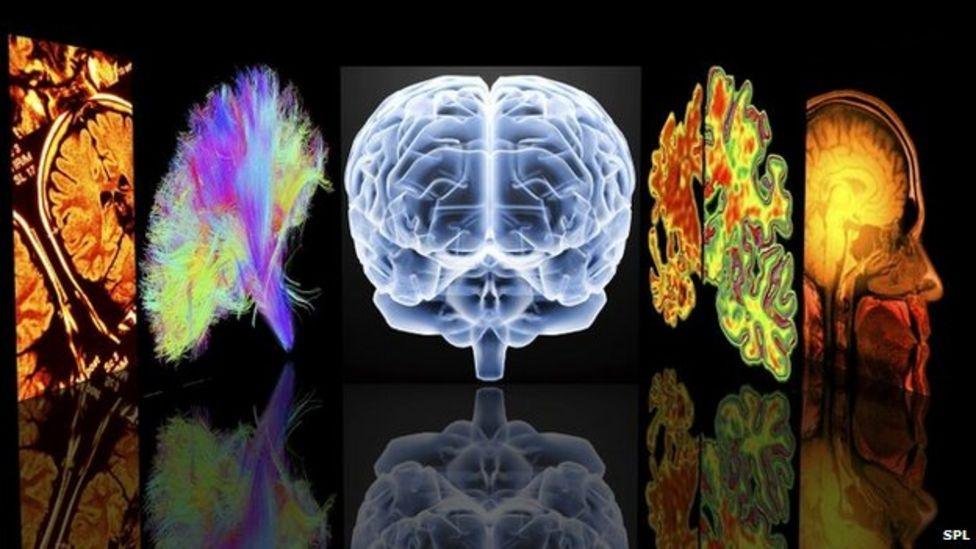Bath University brain test could diagnose Alzheimer’s early
- Published

Researchers hope the new test will lower the age of diagnosis
A pioneering brain wave test could dramatically increase early diagnosis of Alzheimer's, researchers suggest.
Bath University scientists have created a two-minute test that can measure people's brain waves in response to a series of flashing images.
They hope the test will help to lower the age of diagnosis by five years.
Scientists described it as a possible "holy grail" of a tool that could also be used to detect less common forms of dementia.
Slow the disease
Alzheimer's is the underlying cause of approximately 60% of dementia and estimates suggest the disease costs the UK economy around £26bn per year.
The disease is currently diagnosed using a combination of subjective and objective reports of cognitive decline, often involving memory tests.
The average age of diagnosis in the UK is typically 65.
University of Bath researchers said earlier diagnosis could help with the prescribing of drugs and also allow lifestyle changes to slow the progression of the disease.
Middle-age screening
Lead researcher and cognitive neuroscientist Dr George Stothart said current tests miss the first 20 years of the disease.
"We have never made the leap to a viable clinical tool for the objective assessment of cognition. We hope that Fastball may be that leap," he said.
"We are testing the tool in earlier and earlier stages of Alzheimer's and expanding the type of brain function it can measure, to include language and visual processing."
It is currently being used in a study of the earliest stages of Alzheimer's disease at Southmead Hospital in Bristol.
"The person being assessed doesn't need to understand the test, or even respond, they simply watch a screen of flashing images and by the way we manipulate the images that appear we can learn an enormous amount about what their brain is, or is not, able to do," he added.
"Ultimately, the holy grail of a tool like this would be a dementia screening tool used in middle age for everyone, regardless of symptoms, in the same way we test for high blood pressure."

Follow BBC West on Facebook, external, Twitter, external and Instagram, external. Send your story ideas to: bristol@bbc.co.uk , external
Related topics
- Published1 February 2021

- Published13 July 2021

- Published16 June 2021

- Published20 January 2021
